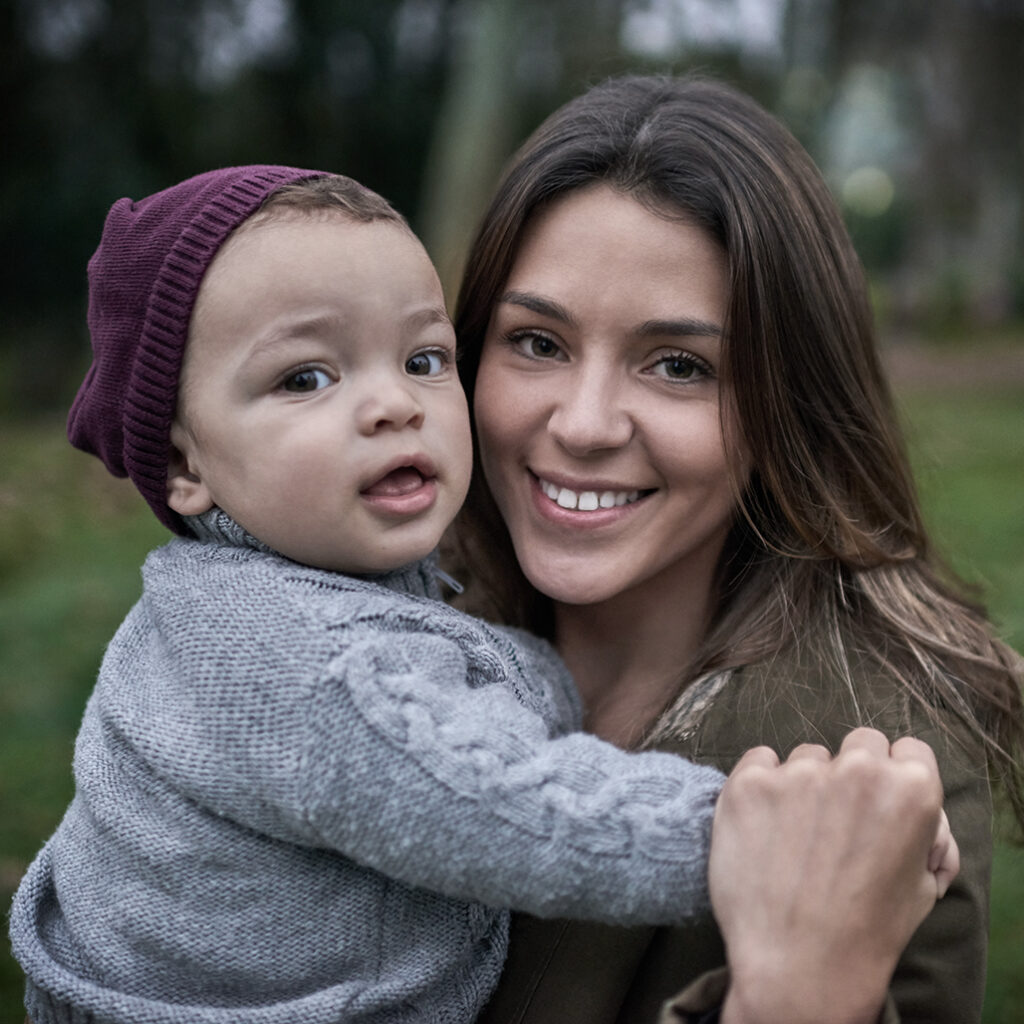None of us are immune to loss.
It doesn’t matter how old we are, what we believe, or how put-together our lives may seem—grief touches every family, every heart. And for single parents, navigating our own sorrow while also guiding our kids through theirs can feel like an impossible task.
How do we talk to our kids about death, divorce, or the deep ache of missing someone they love? How do we hold space for grief without losing ourselves in it?
This week on the podcast, we had the honor of sitting down with Annie F. Downs and her sister, Tatum Green, to talk about exactly that.
A Story of Loss—and Hope
Tatum shared the deeply personal story that inspired the children’s book Where Did TJ Go?—a story she and Annie co-wrote, birthed out of heartbreak and a longing to help Tatum’s young son, Sam, process the impending loss of his baby brother.
When TJ was diagnosed in utero with a life-limiting illness, Tatum and her husband knew they needed to prepare not just themselves, but their then-two-year-old for what was coming. But when Tatum went looking for resources to help explain death and heaven in an age-appropriate and gospel-centered way, she came up empty.
So she called her sister. Annie—New York Times bestselling author and host of the “That Sounds Fun” podcast—stepped in to write a story specifically for Sam. What started as a personal project became something much more. As they grieved together and processed how to help Sam understand, Annie and Tatum refined the story, eventually turning it into a deeply meaningful book that’s now helping countless families process grief with their kids.
Thanks to the incredible support from their publisher, Where Did TJ Go? was born.
Tools for Talking to Our Kids About Grief
One of the most powerful ideas shared in our conversation came from child expert David Thomas: “If a child has even one safe adult, they can navigate any transition, tragedy, or loss.”
You don’t have to do it perfectly. You just have to show up.
Tatum talked about letting Sam lead—offering honest, age-appropriate information, then following his cues. Sometimes that means sitting quietly with a question. Sometimes it means shifting gears because, as she put it, “He’s four. He doesn’t stay in it as long as I might.”
That’s something Annie echoed, too. Not everyone grieves the same way. Some people need to sit in the heaviness. Others need to run out for milkshakes. And both are okay.
“You need the people who can go deep,” she said, “but you also need the ones who can come back up and bring the rest of us air.”
Grief isn’t linear. And it certainly doesn’t follow a script.
But we can give our kids language. We can give them presence. We can give them permission to feel it all—and to imagine what hope might look like on the other side.
Showing Emotion Without Letting Kids Carry It
One of the most important distinctions that came up in this conversation was this: Are you sharing your grief with your kids, or are you asking them to carry it?
Tatum, who’s done the long, hard work of walking her grief road with a therapist, explained how she’s learned to be present in her sorrow without making Sam responsible for it.
Letting our kids see us cry isn’t weakness—it’s modeling how to be human. But leaning on them emotionally? That’s a line we have to protect.
“I can share this space with him,” she said, “but I’m not asking him to meet my emotional needs.”
It’s a beautiful balance—and one that we, as solo parents, are learning to walk every day.
Keeping the Memory Alive
There’s no single right way to honor the people we’ve lost. For Tatum’s family, it’s the photos of TJ sprinkled throughout the house. For others, it might be birthday traditions, memory boxes, or quiet moments of storytelling.
The key is intentionality. Making space for grief and joy.
As Annie so beautifully put it: “We need fewer buts and more ands.”
Heaven is real. And it’s okay to still feel sad.
We miss them deeply. And we can still laugh today.
It’s okay to go deep in the ocean. And you’re allowed to come up for air.
Listener Question: What’s the Most Embarrassing Thing Your Child Has Said in Public?
Robert shared one of his own: While walking into a nearly-empty store with his daughters, he made an offhand comment under his breath: “This place is going to go out of business.” Moments later, his five-year-old Zara walks up to a kind older employee and says, “So when is your company shutting down?” Oof. No way to walk that one back!
Another favorite came from a story at the Krystals drive-thru with a seven-person family waiting on a massive order. One of the kids piped up to the cashier: “Why is this taking so long?” Let’s just say she learned what happens when Dad has to “pull the car up.”
Classic kid moments that remind us—grief and joy live side by side.
Final Thoughts
Whether you’re grieving a loved one, the end of a marriage, or the loss of the family you imagined, Where Did TJ Go?offers a beautiful, gentle on-ramp to talk about what’s hard—without skipping what’s hopeful.
Put a few copies in your gift closet. Hand it to a friend when they need it most. And give yourself and your kids the grace to grieve … and to laugh.
There’s no junior Holy Spirit.
There’s just presence. Honesty. And the beautiful, messy gift of showing up.




